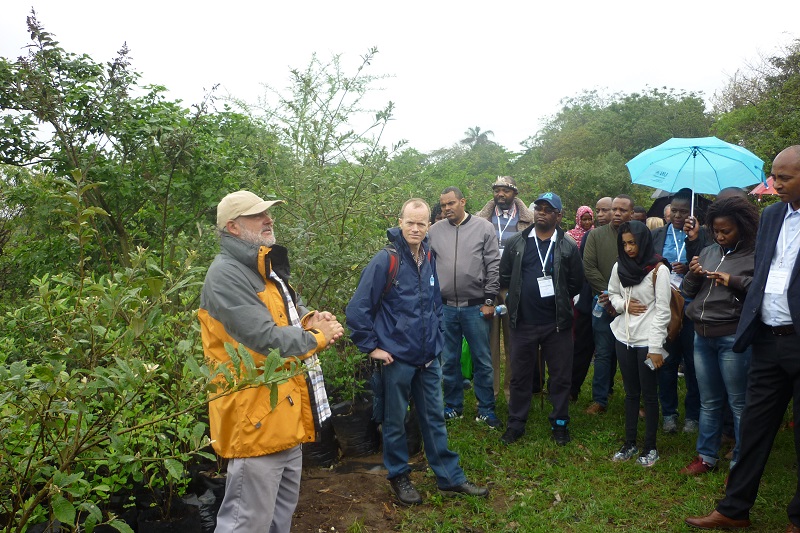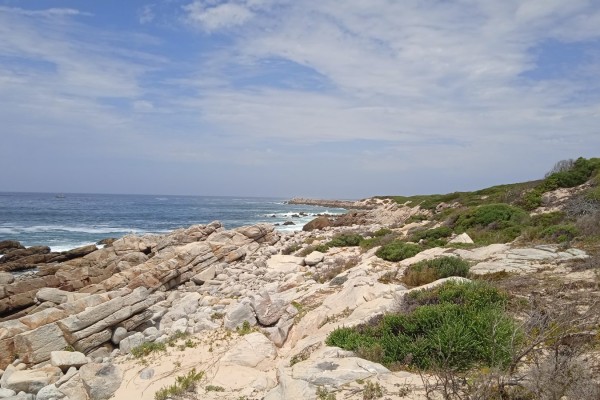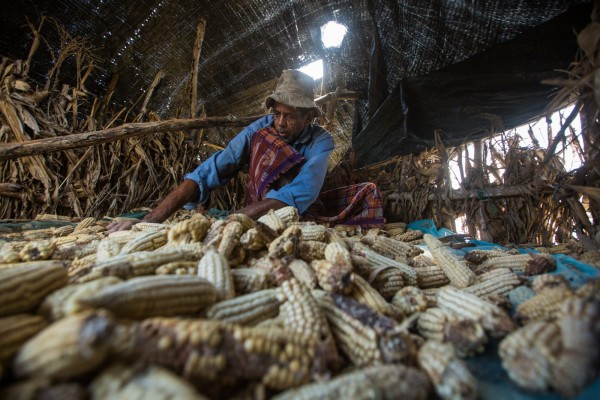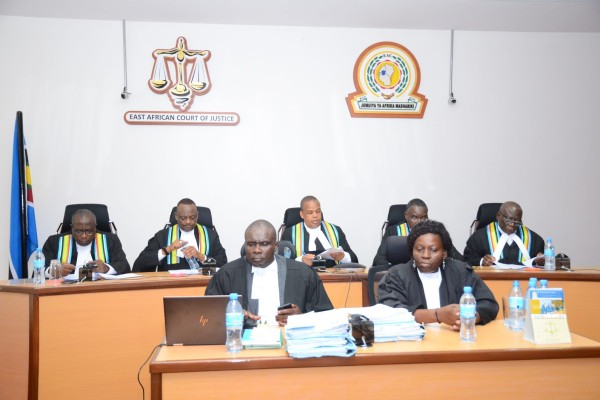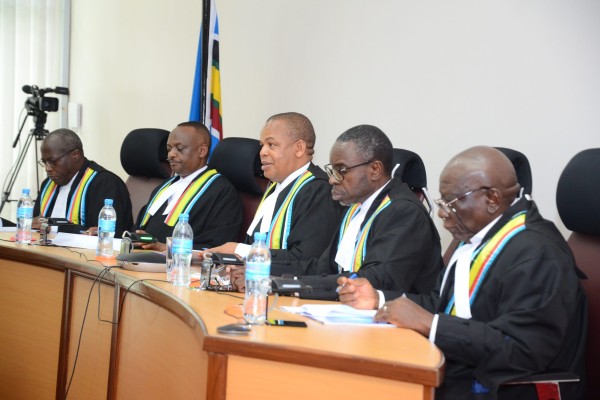The Multi-Actor Dialogue Seminar to build social-ecological resilience through incorporation of ecosystem-based solutions in Nationally Determined Contributions (NDCs) took place on 2-6 October, in Durban, South Africa. The event was sponsored by the Government of South Africa, the European Union and SwedBio at Stockholm Resilience Centre, and it brought together representatives of inter-governmental organisations, government, civil society and indigenous peoples from eastern and southern Africa. The dialogue forms part of a global programme developed by the Secretariat of the Convention on Biological Diversity (CBD) for supporting countries through peer-to-peer exchanges.
The objectives of the event were to exchange experiences in developing ecosystem-based approaches in climate-related policy at local and national levels, and to identify synergies among potential ecosystem-based approaches for delivering benefits related to multiple objectives.
The event comprised of dialogues followed by field visits. The dialogue began exploring the meaning of terms particularly ‘Ecosystem-based Adaptation’ (EbA), which uses biodiversity and ecosystem services to help people adapt and build resilience to the adverse impacts of climate change. Participants then split into groups and discussed how such approaches are being used at the national level, and what is being done and why. On the second day of the dialogues, relevant sectorial policies were introduced and the benefits of policy coherence discussed. Participants considered links between Nationally Determined Contributions (NDCs) which States signatory to the Paris Agreement of the United Nations Framework Convention on Climate Change have developed, and links between climate, biodiversity and sustainable development strategies. Suggestions for improving policy coherence were discussed.
On the final day of the dialogues representatives shared the different approaches and activities taking place in their countries. Natural Justice’s Dr. Cath Traynor lead a session on regulatory frameworks relevant to ecosystem-based solutions, and laws and policies at global, regional and national levels were discussed. Participants shared challenges they faced which included having different, multiple and sometimes conflicting targets under the various Multilateral Environmental Agreements (MEAs), and that some national policies were contradictory. Lack of clear definitions, or different definitions between the MEAs and/or national laws were also problematic, particularly relating to ‘indigenous peoples’, their formal recognition or lack there-of. The dialogues wrapped with a session on climate finance and participants sharing next steps related to improving the incorporation of ecosystem-based approaches to climate change in their respective organisations.
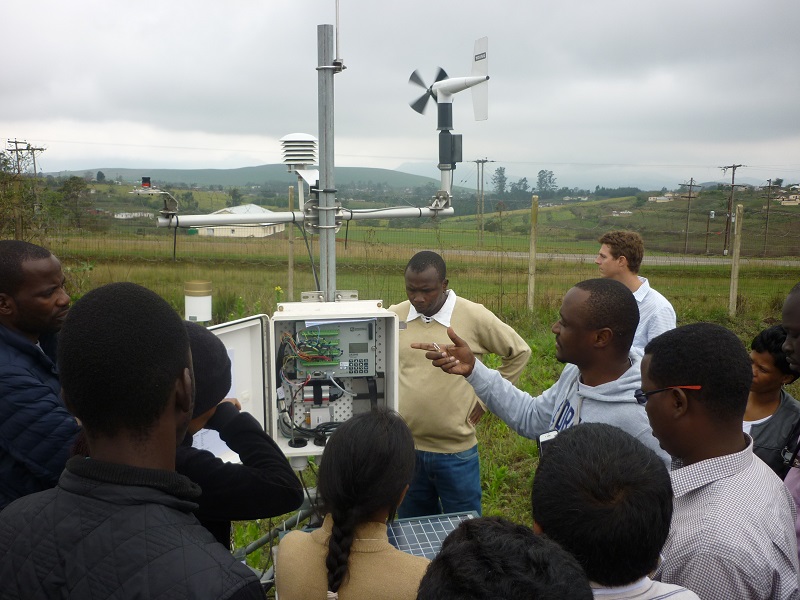
Following the dialogues there were a series of field visits, these included the uMhlangane Catchment Management project, which focuses on the city’s natural resources as a base for adaptation, and the Buffelsdraai Landfill Site, a community reforestation project. The uMngeni Resilience Project, which aims to increase the resilience of vulnerable communities through interventions such as early warning systems, climate smart agriculture, and climate proofing settlements was another fascinating excursion. The field visits provided a valuable space to explore ecosystems-based approaches in practice and relate interventions to concepts and international and national policies.
In the future Natural Justice will be researching ecosystem-based approaches and regulatory frameworks in South Africa, Zimbabwe and Kenya and exploring human and environmental rights issues.

